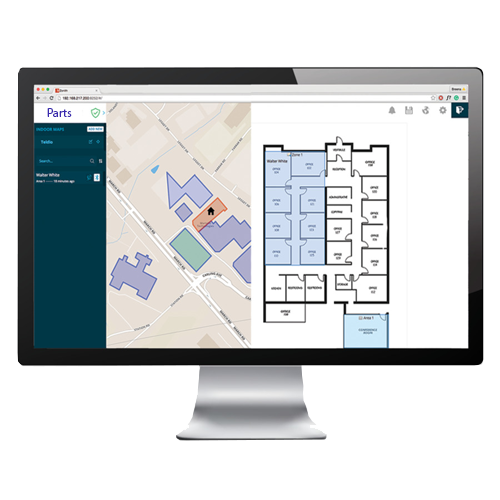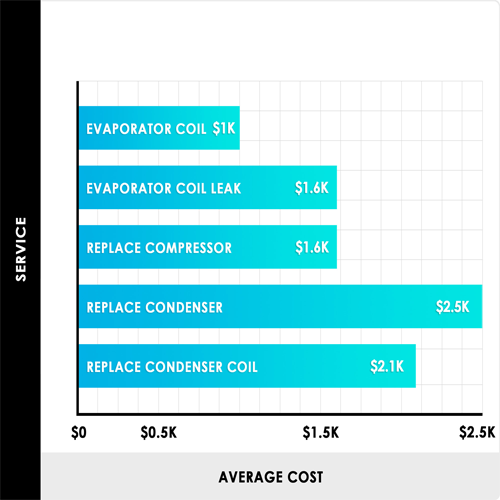Technological Tools
Repairing products in a timely manner requires access to specialized tools and resources that allow stringent performance standards to be met. NSA has created unique tools that enable technicians to have ready access to the pertinent information and data that facilitate a fast and consistently reliable repair process.
Repair Status Visibility


Warranty Terms Database
Parts Locating Tool
We then create a special screen on the web that displays to the service provider all of the repair parts that he has on order along with the availability and pricing received back from each parts supplier. The screen allows the service provider to indicate if he wants to order the parts from the vendors that have them in stock by clicking on a checkbox. The service provider can enter a purchase order number, account number, and preferred shipping method. The order is then emailed to the parts vendor of his choice. This automated parts location and ordering process can save service providers a significant amount of time and shave days off of average turnaround times.


Triage Tool
Repairs can be performed in a timely manner only if the correct parts can be ordered and available for the technician to carry with him on the first service call. National Service Alliance created the first triage database that has a proven series of questions that the CSR can ask the customer to determine the proper parts to take on the initial service call.
The triage questions are written in such a way that a non-technical support person can realistically determine which parts are needed. These questions will also enable support personnel to help many customers resolve operational problems themselves. These “soft" repairs contribute greatly to customer satisfaction, speed the problem resolution cycle, and reduce costs for all parties involved.
The NSA system displays the logical flowchart of questions and prompts the support rep to ask the next appropriate question based on the customer’s response to the previous question.
Repair History
The database returns the appropriate records and suggests to the service provider which parts should be pre-ordered based on the selection criteria entered.


Service Delay
Many repairs require the service provider to make contact with another entity that has a stake in the repair process for that repair. For example, repair parts occasionally are not available from the manufacturer or parts distributor for an extended period of time. In these situations, the service provider is compelled to make contact with the manufacturer using a manual process.
These manual interactions are very inefficient and often delay some repairs for several days. NSA has created an automated service delay process that automatically presents data regarding the individual repair delay to the appropriate stake holder for immediate visibility. The NSA system also provides an automated process through which the stake holder can make an immediate decision regarding the resolution of the service delay. The NSA server then forwards the result of the decision to the service provider for immediate action.
This service delay process eliminates the need for manual entry into a third-party system. The NSA service delay process eliminates delays due to communication because the system determines service delays on a continuous basis and raises the visibility of the delay to the entity that has the power to resolve it.
